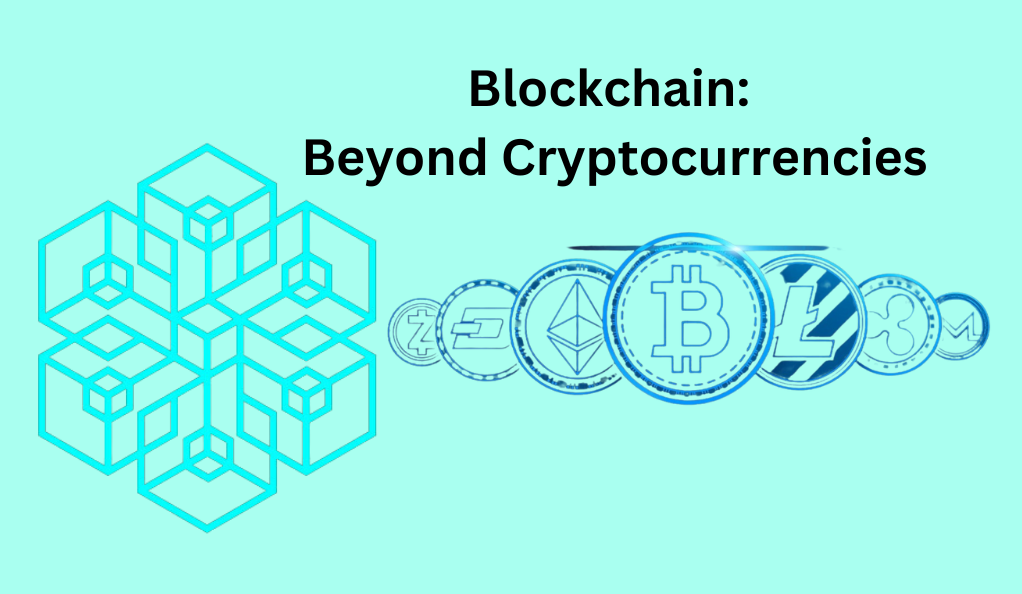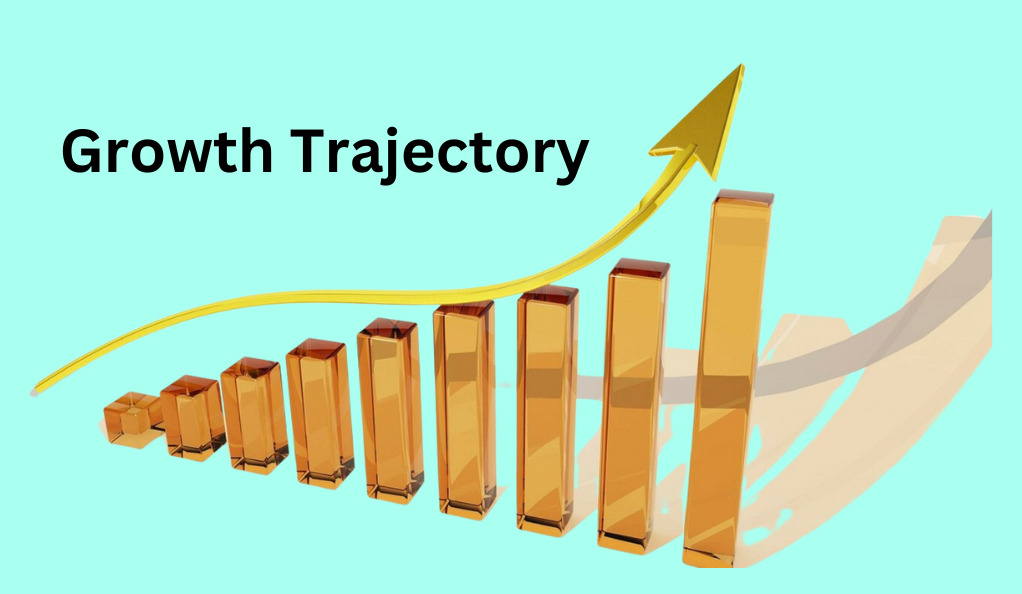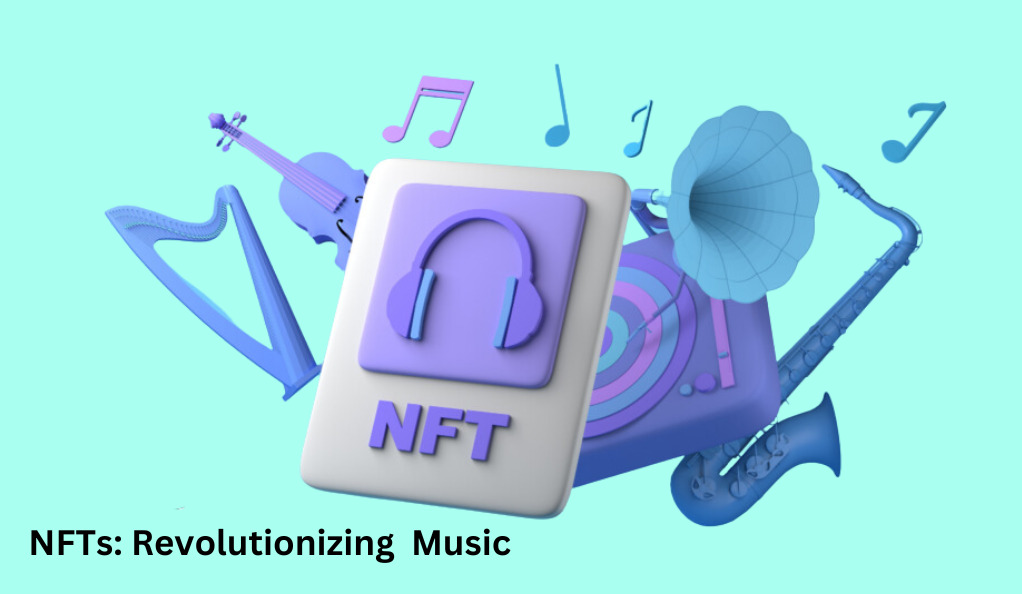The Future of Work in the Crypto Software Industry
The digital revolution has ushered in an era of unprecedented technological advancements, with the crypto software industry standing at the forefront of this transformation. As we delve into the intricacies of this domain, it’s essential to understand its foundational elements, the driving forces behind its rapid growth, and the potential it holds for the future of work.
The Genesis of Cryptocurrency and Blockchain
Cryptocurrencies, digital or virtual currencies that use cryptography for security, marked the beginning of a new financial paradigm. Bitcoin, introduced in 2009 by the pseudonymous Satoshi Nakamoto, was the first decentralized cryptocurrency, and since then, numerous other cryptocurrencies have been created. These are frequently called altcoins, as a blend of Bitcoin alternative.
However, the real magic lies in the underlying technology of these cryptocurrencies: blockchain. A blockchain is a decentralized and distributed digital ledger used to record transactions across many computers so that any involved record cannot be altered retroactively, without the alteration of all subsequent blocks.
Blockchain: Beyond Cryptocurrencies

While cryptocurrencies are a significant application of blockchain technology, its potential extends far beyond. From supply chain management to healthcare, from finance to public records, the applications of blockchain are vast and varied.
The Road Ahead: Why It Matters
The crypto software industry, underpinned by blockchain technology, is not just a fleeting trend. It represents a fundamental shift in how we perceive value, trust, and decentralization. As we progress further into the digital age, understanding this industry becomes paramount for businesses, governments, and individuals alike. The future of work in this domain promises innovation, disruption, and a reimagining of traditional systems.
In the subsequent sections, we’ll delve deeper into the current landscape of blockchain development, its myriad applications, and the burgeoning demand for experts in this field. The journey through the crypto software industry is intricate, fascinating, and holds the promise of reshaping our world.
The Current Landscape of Blockchain Development
In the ever-evolving world of technology, blockchain has emerged as a game-changer, revolutionizing various sectors with its unique features and applications. To truly grasp the magnitude of its impact, we must first understand the current state of blockchain development and how it’s shaping industries worldwide.
Blockchain: A Brief Recap
At its core, blockchain is a decentralized digital ledger that records transactions across multiple computers, ensuring that the record cannot be altered retroactively. This immutable nature of blockchain, combined with its transparency and security features, makes it a sought-after technology in various domains.
The Growth Trajectory
The global market size of blockchain was a modest USD 4.67 billion in 2021. However, projections indicate a meteoric rise, with expectations to reach USD 163.83 billion by 2029. Such rapid growth underscores the increasing adoption and trust in this technology across industries.

Key Sectors Embracing Blockchain
- Finance: Blockchain’s initial and most profound impact has been in the financial sector. It has streamlined transactions, reduced fraud, and introduced innovations like smart contracts.
- Supply Chain: By ensuring traceability and transparency, blockchain has revolutionized supply chain management, making it easier to track products from origin to consumer.
- Healthcare: From patient record management to drug traceability, blockchain promises to address many challenges in the healthcare sector.
- Real Estate: Blockchain is simplifying property transactions, reducing fraud, and ensuring transparency in the real estate sector.
- Government: Several governments are exploring blockchain for public records, voting systems, and even considering launching their digital currencies.
Challenges and Roadblocks
Despite its potential, blockchain isn’t without challenges. Concerns about energy consumption, especially with proof-of-work mechanisms in cryptocurrencies, scalability issues, and regulatory challenges are some roadblocks the industry faces. However, with ongoing research and development, solutions like proof-of-stake and layer-2 scaling are emerging to address these challenges.
Driving Forces Behind the Blockchain Hype
Blockchain, once a niche technology associated primarily with cryptocurrencies, has now permeated various sectors, from finance to healthcare. But what’s driving this widespread adoption and excitement around blockchain? Let’s delve into the key factors propelling blockchain’s meteoric rise.
Decentralization: Power to the People
One of the most defining features of blockchain is its decentralized nature. Unlike traditional systems that rely on a central authority or intermediary, blockchain operates on a peer-to-peer network. This decentralization:
- Eliminates Middlemen: Transactions occur directly between parties, reducing costs and increasing speed.
- Enhances Security: With no central point of failure, blockchain networks are less vulnerable to attacks.
- Promotes Transparency: Every transaction is recorded on a public ledger, fostering trust among participants.
Immutability: A Trustworthy Ledger
Once a transaction is added to the blockchain, its immutability ensures that the information remains consistent and unaltered, providing data integrity. This characteristic also aids in fraud prevention, as tampering with one block would necessitate changes to all subsequent blocks, a task rendered nearly impossible due to the cryptographic security and consensus mechanisms in place.
Smart Contracts: Automation and Efficiency
Smart contracts are self-executing contracts with the terms of the agreement directly written into code. They:
- Automate Processes: Actions are triggered when predefined conditions are met.
- Reduce Errors: Manual interventions and intermediaries are minimized.
- Ensure Compliance: Terms are executed exactly as agreed upon, ensuring all parties adhere to the contract’s stipulations.
Transparency and Traceability
Blockchain’s transparent nature ensures that all transactions are openly verifiable by all participants. This transparency:
Builds Trust: All parties can verify transactions without intermediaries.
Enhances Traceability: Every transaction is chronologically logged, making it easier to trace items back to their origin, crucial in sectors like supply chain management.
Cost-Efficiency: Reducing Overheads
By eliminating intermediaries and automating processes, blockchain can significantly reduce transaction costs and overheads, making operations more cost-effective.
Enhanced Security: Cryptographic Security Measures
Blockchain transactions are secured using cryptographic principles. This ensures:
- Data Protection: Data is encrypted, ensuring it remains confidential and protected.
- Identity Verification: Digital signatures verify the authenticity of transactions, reducing the risk of fraud.
Interoperability: Bridging Different Systems
Blockchain can interact with multiple systems and databases, ensuring seamless data sharing and enhancing interoperability across platforms.
Tokenization and New Business Models
The advent of blockchain technology has not only disrupted traditional systems but has also paved the way for innovative business models. One such groundbreaking concept is tokenization. Let’s delve deep into the world of tokenization, its implications, and the new business avenues it has unlocked.
Understanding Tokenization
Tokenization refers to the process of converting rights to an asset into a digital token on a blockchain. In simpler terms, it’s the representation of ownership of real-world assets in the form of digital tokens.
Types of Tokens
There are primarily three types of tokens:
- Utility Tokens: These provide users with access to a product or service. For instance, Filecoin offers tokens as an incentive for users to share their storage space.
- Security Tokens: These represent ownership in an external asset or company, much like stocks in the traditional financial world.
- Non-Fungible Tokens (NFTs): Unique digital tokens that represent ownership of a specific item or piece of content. Unlike cryptocurrencies such as Bitcoin or Ethereum, which are fungible and can be exchanged on a one-for-one basis, NFTs are distinct and cannot be exchanged on a like-for-like basis.
The Rise of Decentralized Finance (DeFi)
DeFi, or decentralized finance, is a blockchain-based form of finance that doesn’t rely on traditional intermediaries such as banks or brokers. Instead, it utilizes smart contracts on blockchains, predominantly Ethereum. Key aspects include:
- Lending Platforms: Allow users to lend or borrow funds without intermediaries.
- Decentralized Exchanges (DEXs): Facilitate peer-to-peer trading of cryptocurrencies.
- Stablecoins: Cryptocurrencies pegged to traditional fiat currencies, offering price stability.
NFTs: Revolutionizing Art, Music, and More

NFTs have surged in popularity, particularly in the fields of art, music, and collectibles. They provide undeniable proof of authenticity and ownership, as each NFT carries a unique value and is irreplicable. This digital revolution has opened up new monetization avenues for artists, often yielding higher returns than conventional sales channels. Additionally, certain NFTs come with interactive features, further amplifying user engagement and experience.
Tokenization in Real Estate
Tokenizing real estate properties allows investors to buy or sell fractions of a property, making real estate investment more accessible and liquid. Benefits include:
- Fractional Ownership: Investors can own a fraction of a property, reducing the entry barrier.
- Global Participation: Tokenization can open up local real estate markets to global investors.
- Increased Liquidity: Tokenized assets can be traded on secondary markets, offering higher liquidity than traditional real estate investments.
Challenges and Considerations
While tokenization offers numerous benefits, it’s not without challenges:
Regulatory Uncertainty: The regulatory landscape for tokenized assets remains uncertain in many jurisdictions.
Market Volatility: Especially in the realm of cryptocurrencies and NFTs, prices can be highly volatile.
Technical Challenges: Ensuring the security and functionality of tokens requires robust technical infrastructure.
Applications of Blockchain Across Industries
Blockchain, often touted as the ‘new internet,’ is not just limited to the realm of cryptocurrencies. Its applications span across various industries, revolutionizing traditional systems and processes. In this section, we’ll explore the transformative potential of blockchain across different sectors.
Finance: Beyond Cryptocurrencies
- Streamlining Transactions: Blockchain facilitates faster, secure, and transparent transactions, eliminating the need for intermediaries.
- Smart Contracts: These automated, self-executing contracts have the potential to revolutionize contractual agreements, ensuring compliance and reducing disputes.
- Decentralized Finance (DeFi): As previously discussed, DeFi platforms are offering a range of financial services without the need for traditional financial institutions.
Cybersecurity: A Fortified Digital Realm
Enhanced Data Protection: The decentralized and cryptographic nature of blockchain makes it resistant to malicious attacks.
Identity Verification: Blockchain can provide secure and verifiable digital identities, reducing fraud and enhancing user privacy.
Secure Private Messaging: Blockchain-based messaging systems ensure end-to-end encryption and data integrity.
Cloud Storage: The Future of Data Storage
Decentralized storage solutions, powered by blockchain, eliminate the need for centralized servers by distributing data across the network, which not only bolsters security but also cuts down costs. Furthermore, blockchain guarantees the integrity and authenticity of the stored data, ensuring it remains consistent and unaltered.
Internet of Things (IoT): A Web of Trust
- Reliable Interconnectivity: Blockchain can manage and verify interactions between IoT devices securely.
- Automated Micro-transactions: Devices can execute small transactions autonomously using blockchain, opening avenues for new business models.
Digital Advertising: Transparency at its Core
Addressing Ad Fraud: Blockchain can verify the legitimacy of clicks and impressions, ensuring advertisers get value for their money.
Enhanced User Privacy: Blockchain can provide users with control over their data, allowing them to decide what information they share with advertisers.
Supply Chain Management: From Origin to Consumer
Blockchain enhances traceability by tracking products throughout every stage of the supply chain, which ensures their authenticity and minimizes counterfeits. Additionally, it allows stakeholders to oversee the movement of goods in real-time, leading to increased efficiency and diminished losses.
Government: Efficient Public Services
- Data Management: Governments can use blockchain for secure and efficient data storage, from land registries to citizen identities.
- Voting Systems: Blockchain-based voting can reduce fraud and ensure transparency in electoral processes.
- National Digital Currencies: Several countries are exploring the idea of launching their digital currencies based on blockchain.
The Rising Demand for Blockchain Experts
As blockchain technology continues to permeate various sectors, there’s a burgeoning demand for professionals who understand its intricacies. From development to strategy, the job market is ripe with opportunities for those equipped with blockchain expertise. In this section, we’ll explore the current job market scenario, the roles in demand, and the potential career trajectories in the blockchain domain.
The Blockchain Job Boom
The rapid adoption of blockchain across industries has led to a surge in job openings. Companies, both startups and established giants, are on the lookout for talent to help them navigate the blockchain landscape.
In-Demand Job Roles in the Blockchain Domain
- Blockchain Developers: Responsible for creating and implementing digital solutions using blockchain technology. They often work with programming languages like Solidity and frameworks like Ethereum.
- Blockchain Solution Architects: These professionals design, assign, and connect blockchain solution components with other technologies to address business problems.
- Blockchain Project Managers: They oversee blockchain projects, ensuring they are completed on time and meet specified requirements.
- Blockchain UX Designers: With user experience being paramount, these designers ensure that blockchain applications are user-friendly.
- Blockchain Quality Engineers: They ensure the quality of blockchain applications through rigorous testing.
- Blockchain Legal Consultants: As the regulatory landscape evolves, experts who understand the legal implications of blockchain are in high demand.
The Educational Landscape: Nurturing the Next Generation
Several universities and institutions worldwide now offer courses and certifications in blockchain technology, ranging from introductory courses to advanced degrees. These educational endeavors aim to equip the next generation with the skills needed to drive the blockchain revolution.
Salaries and Compensation
Given the demand-supply gap, blockchain professionals often command higher salaries compared to their counterparts in other IT domains. Additionally, the decentralized nature of many blockchain projects allows for remote work, freelance opportunities, and flexible work arrangements.
The Future Outlook
The demand for blockchain professionals is expected to grow exponentially in the coming years. As more industries recognize the potential of blockchain and integrate it into their operations, the need for skilled experts will only intensify.
Challenges in Blockchain Recruitment
While the opportunities are vast, there are challenges too:
- Skill Gap: The rapid evolution of blockchain technology means that professionals need to continuously upskill to stay relevant.
- Diverse Requirements: Different industries have varied requirements, making it essential for professionals to have a broad understanding of blockchain applications.
Conclusion
The transformative potential of blockchain technology is undeniable. From revolutionizing financial transactions to ensuring transparency in supply chains, its applications are vast and varied. As we stand on the cusp of a digital revolution, understanding and embracing blockchain becomes paramount. For businesses, governments, and individuals alike, the future promises innovation, disruption, and a reimagining of traditional systems, all underpinned by the trust and efficiency that blockchain brings to the table. As we continue to explore and integrate this technology, we are not just shaping the future of industries but also redefining the very fabric of the digital age.
Bitcoin-up is dedicated to providing fair and trustworthy information on topics such as cryptocurrency, finance, trading, and stocks. It's important to note that we do not have the capacity to provide financial advice, and we strongly encourage users to engage in their own thorough research.
Read More